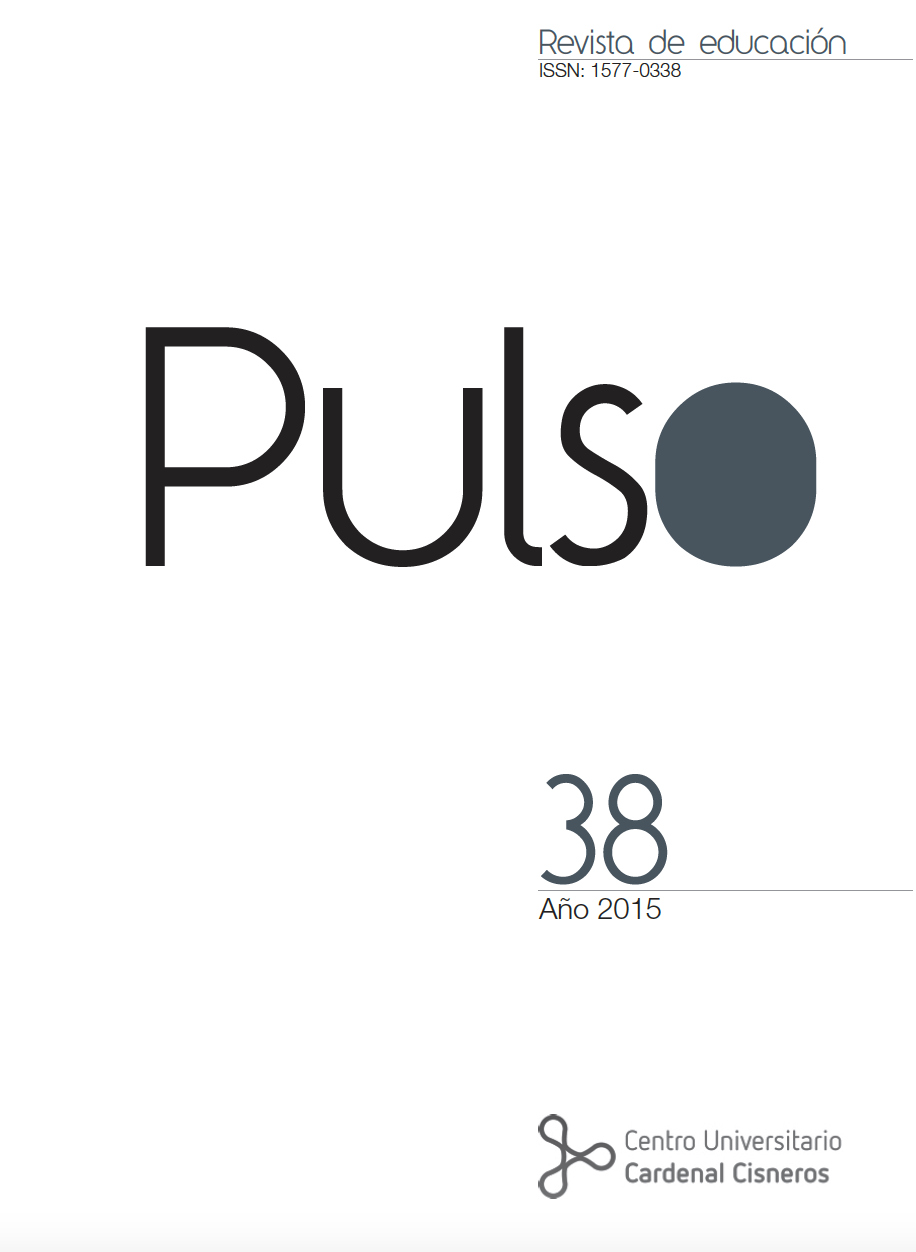The effect of self-concept in the sense of accomplishment before performing a task in a kindergarten classroom
DOI:
https://doi.org/10.58265/pulso.5077Keywords:
Self-esteem, Attitude, Learning, Self-concept, StimulusAbstract
This paper presents an experimental study that has followed the methodology of action research, based on systematic observation, and that tries to assess the positive impact of self-concept in the teaching-learning process of Infant Education children. Educational research and psychology applied to education has demonstrated the relationship between cognition and emotion and its impact on the teaching-learning process. This study was conducted with a group of second-year Infant Education children composed of 18 4-year-old pupils. The group was subjected to a test during a four-week period before and after having carried out a model of educational intervention focused on the development of selfconcept. The results supported our hypothesis: educational intervention focused on the development of self-concept has a positive impact on improving the pupils´ sense of self-accomplishment.
Downloads
References
Bonet, J. V. (1997). Sé amigo de ti mismo: Manual de autoestima. Cantabria: Sal Terrae.
Branden, N. (1995). Los Seis Pilares de la Autoestima. Barcelona: Paidós.
Clemens, H., & Y Bean, R. (1993). Cómo Desarrollar la Autoestima en los Niños. Madrid: Debate.
Coopersmith, S. (1967). The Antecedents of Self-Esteem (Vol. 23). San Francisco: WH Freeman.
Fundación de Ayuda contra la Drogadicción, FAD (2004). Programa Prevenir para Vivir. Cuaderno de Actividades para la Educación Infantil. Madrid.
Latorre, A. (2003). Investigación Acción. Conocer y cambiar la práctica educativa. Barcelona: Graó.
Maslow, A.H. (1943). A theory of human motivation. Pyschological Review, Vol. 50, pp. 370-396.
Rosenberg, M (1979). Conceiving the Self. London: Basic Books.
Downloads
Published
How to Cite
Issue
Section
License
Copyright (c) 2022 Pulso. Revista de educación

This work is licensed under a Creative Commons Attribution-NonCommercial-NoDerivatives 3.0 Unported License.
This journal offers immediate open access to its content based on the idea that offering readers free access to research favours a global exchange of knowledge.
Papers are published in the electronic version of the journal under a Creative Commons License: Attribution-NonCommercial-No derivatives 4.0 International
Authors are allowed and encouraged to promote the post-print version (reviewed and accepted for publication version) of their work online before publishing them. This favours their earlier circulation and dissemination and thus a possible increase in their citation and reach among the academic community.














